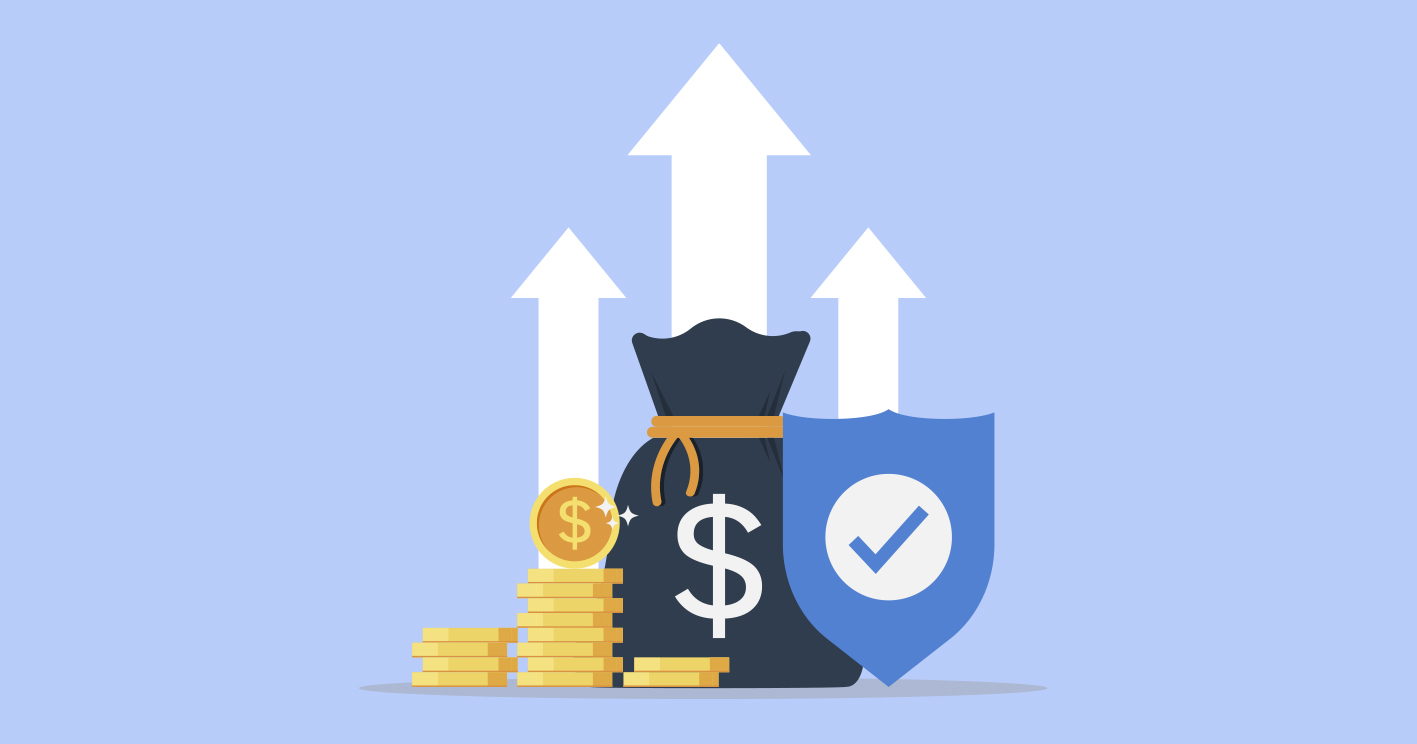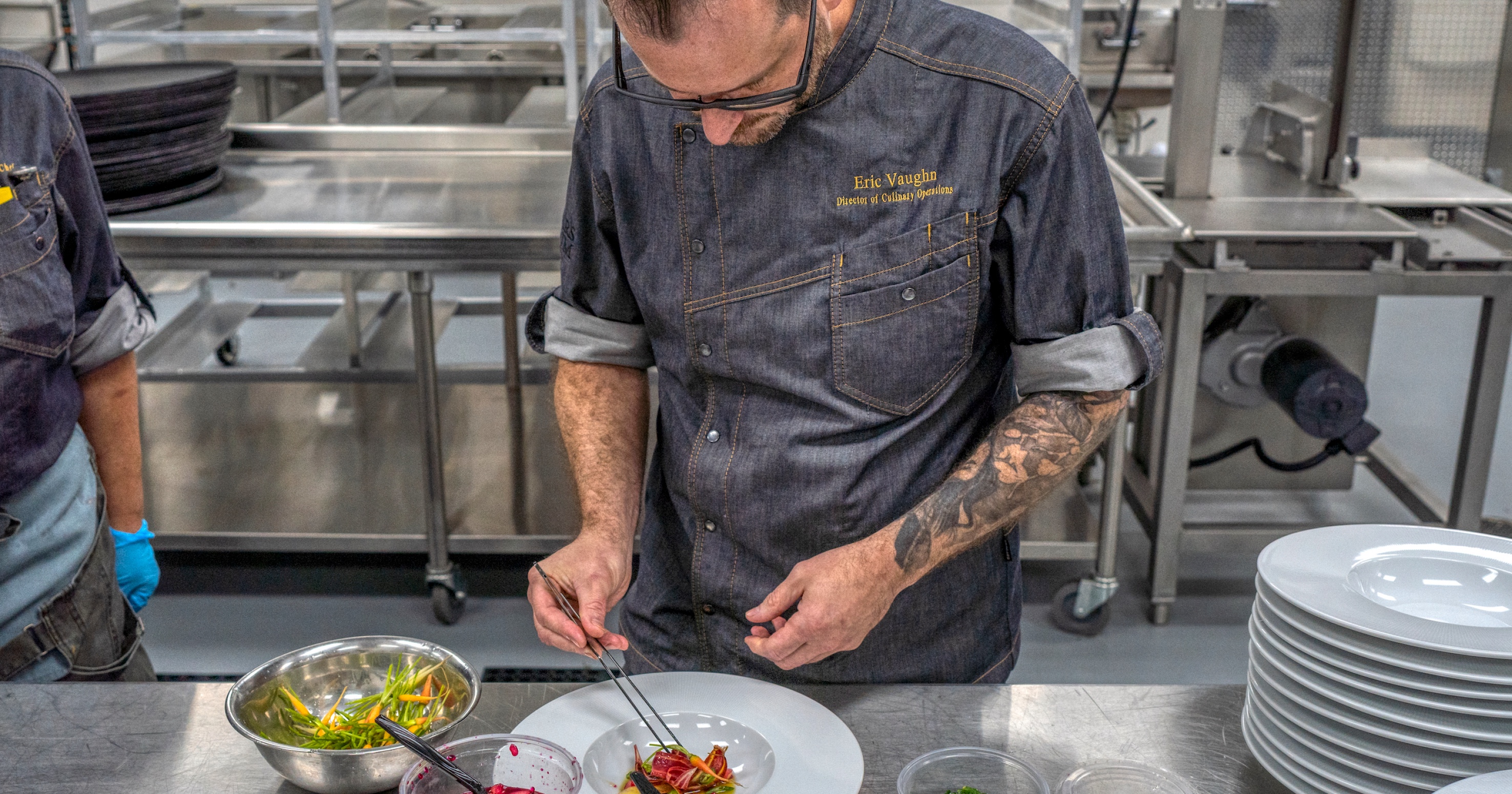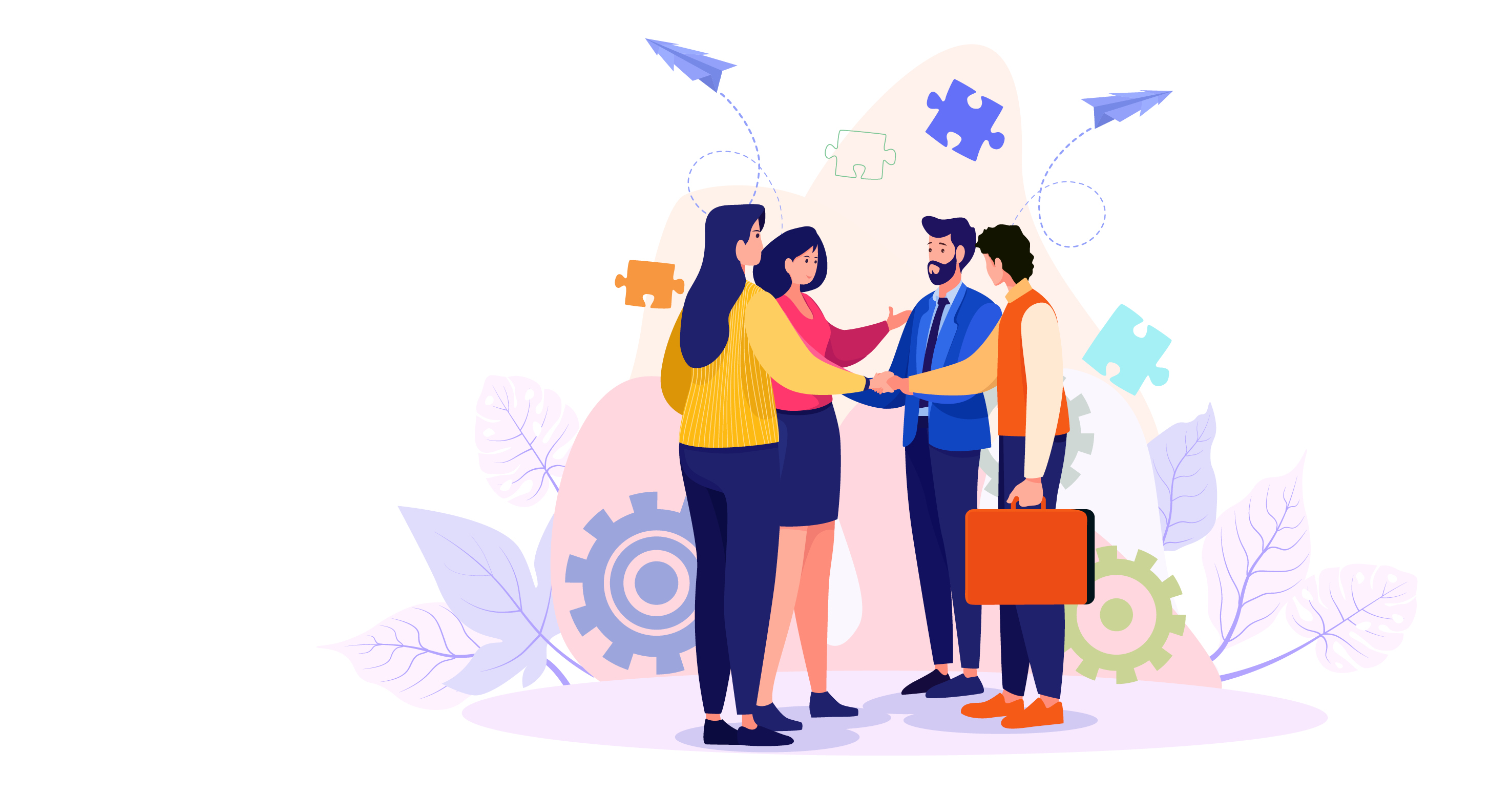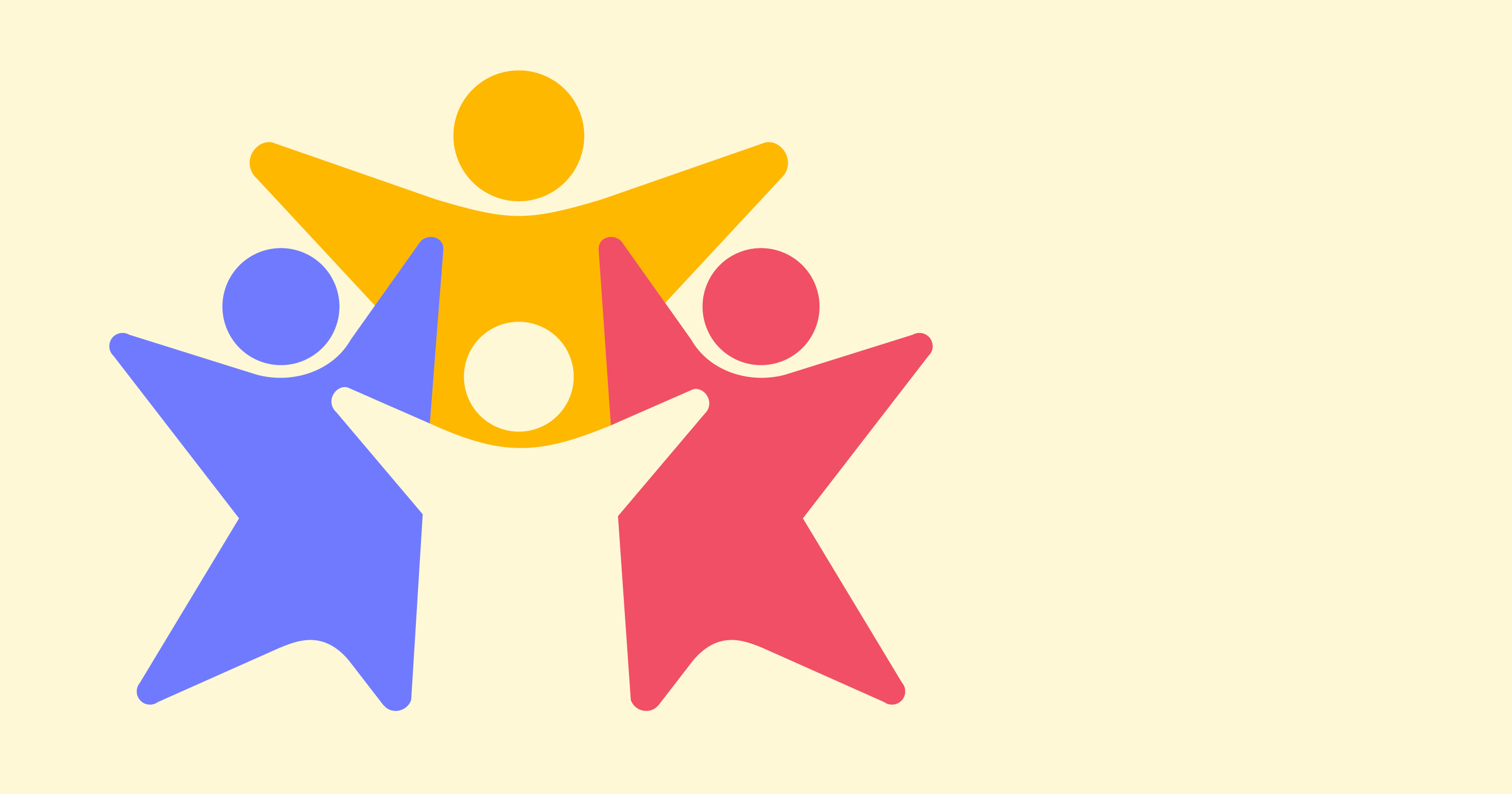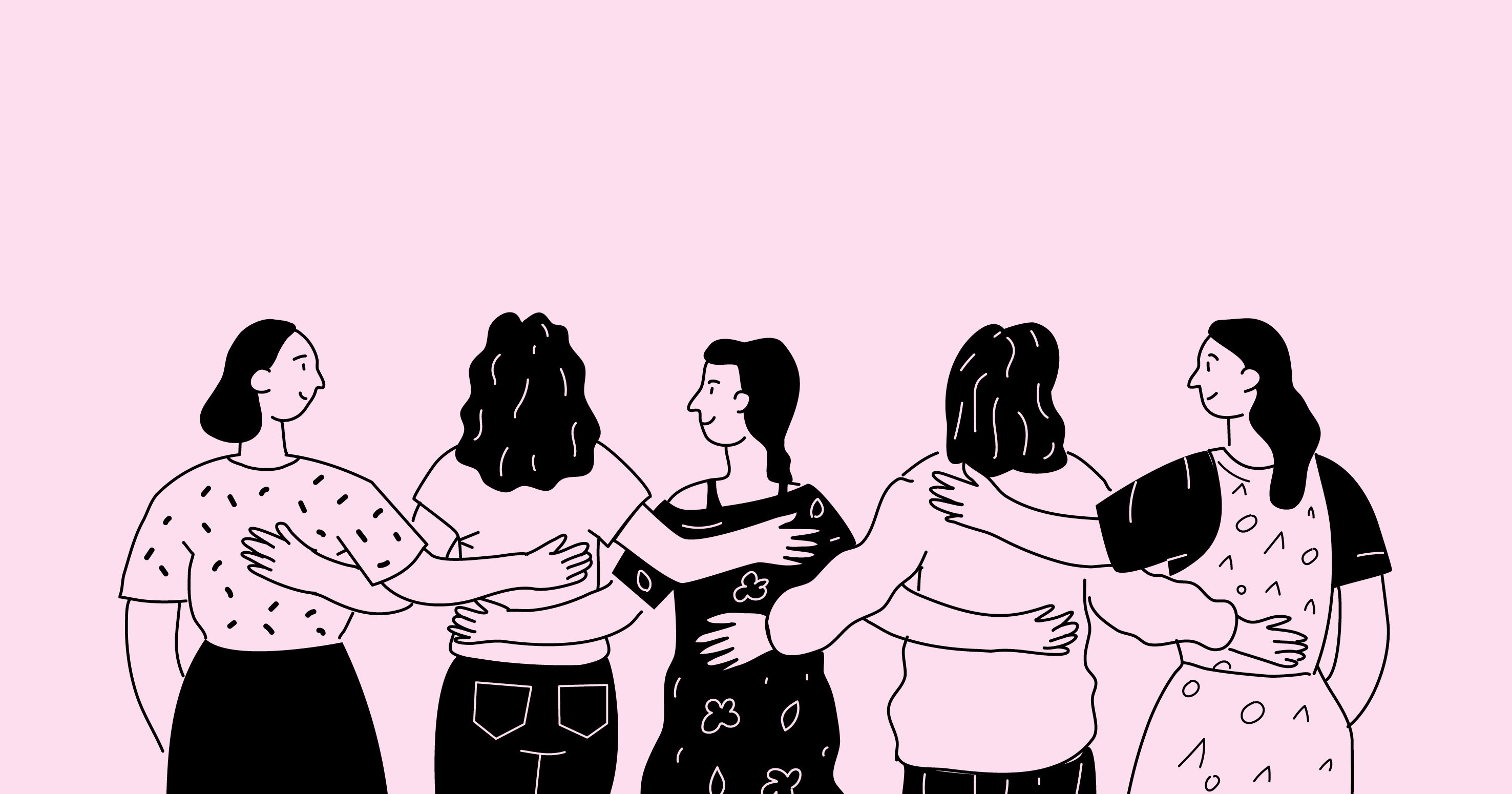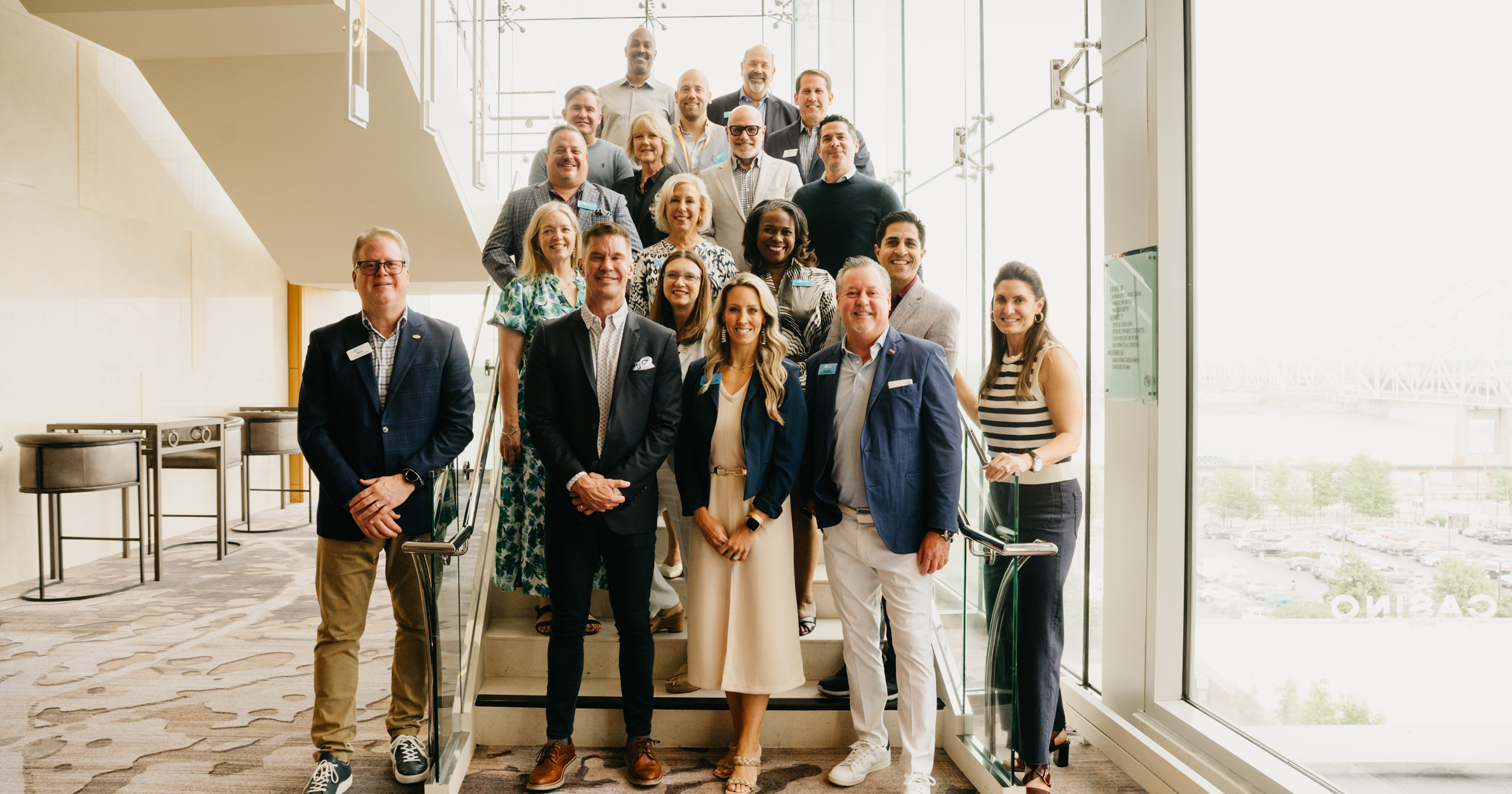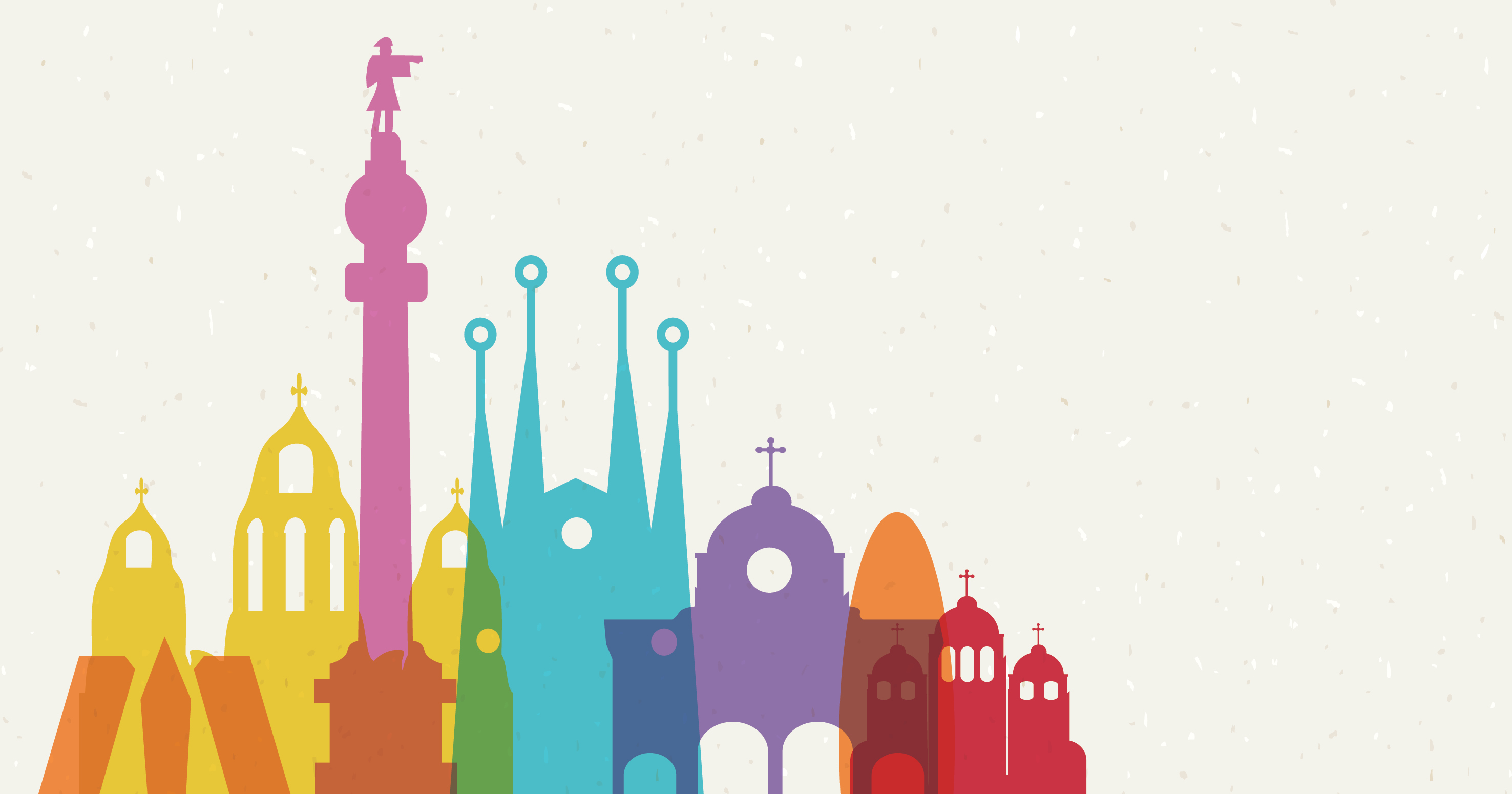It's critical to
determine the budget before you even begin planning an event, according
to veteran meeting planner Corrine Statia Thomas, CMP.
"Managing that budget throughout the entire planning process keeps everything on track and prevents those last-minute surprises that can completely derail even the best events," says Statia Thomas, a meetings and events strategist and business advisor who is owner and creative director of Absolute Events By Corrine LLC and a past president of the MPI New Jersey Chapter. "I always make sure to build in an emergency fund for those unplanned, unforeseen circumstances that inevitably pop up."
Having a solid budget from the start helps you avoid overspending and gives you real power when you’re sitting across from suppliers, Statia Thomas says.
"You can walk into those conversations already knowing exactly what your budget is for their services, rather than letting the supplier dictate the budget or lead you into overspending. Knowing what you’re working with up front is one of those fundamental practices that separates successful events from the ones that leave you stressed and over budget!"
We spoke with Statia Thomas about how event pros can better plan and track budgets, how she got started in the meeting industry and rethinking attendee engagement.
How do you approach budget planning with clients?
For me, it always starts with listening. I want to really understand my clients’ goals and what their budget actually looks like from their perspective. Once we’ve aligned on whether it’s realistic for their vision, I lean on the strong relationships I’ve built with trusted suppliers. Those partnerships are everything—they help me stretch a budget without sacrificing quality. That’s ultimately what allows me to bring my clients’ ideas to life while keeping everyone’s stress levels down.
How can event professionals leverage tools to improve budgeting?
Formulas like break-even analysis are a good baseline, but honestly, nothing replaces experience. Over time, you just get that gut sense of whether a budget is realistic. That said, one of the best "tools" we have is our network. I ask my suppliers directly, "Can you work within this budget?" And if I don’t feel confident in a particular area, I do my homework before committing to anything with a client. It’s way better to pause and check than to overpromise and scramble later.
How did you get started in the meeting and event industry?
It’s a little funny—I stumbled into it! I started by helping a floral designer with her business, which gave me my first peek behind the curtain. From there, I landed an associate director role in the meetings department at one of the Big 5 accounting firms. That’s where I realized, "Wow, I love this work." Eventually, that passion led me to start my own business.
Tell us a little about your MPI experience.
I first joined MPI in 2011, then rejoined in 2016 and got involved right away by joining a committee. From there, I headed up the golf committee for a couple of years and later served as chapter president for two years. One of the highlights of my presidency was when our chapter won a RISE Award for Innovative Educational Programming under my leadertship. It was such a proud and validating moment for all of us.
I got involved with MPI because I wanted to be part of an association that truly represents our industry. For me, it’s not just about networking—it’s about giving back and leaving something meaningful for the next generation of planners.
Tell us about a highlight from your career.
What I love about this industry is the variety—no two events are ever the same, and that keeps things exciting. I thrive in those "make it happen" moments where the timeline seems impossible, but the end result makes it all worth it.
Two standouts: planning a fundraising gala for more than 800 attendees in just two months and producing a high-profile major conference in only two-and a half months. Both were wild rides but pulling them off—and seeing the joy and relief on my clients’ faces—reminded me exactly why I do this work. It’s about proving that the impossible is possible.
Discuss someone who has made an impact on you.
Joanne Dennison has had a huge impact on my career. She’s the one who nudged me (OK, pushed me!) to get my CMP when I was hesitant. I’m so glad I listened because earning that certification not only boosted my confidence, but it also gave me more credibility with clients. Sometimes you just need that one person who believes in you.
What has changed the most during your time in the industry?
The biggest change has been technology. We now have so many tools that make us more efficient both during planning and onsite. I use a phone app to discreetly count attendees during sessions, my reMarkable tablet replaces those huge binders of BEOs and SessionLab has transformed how I create timelines and runs of show. Honestly, I don’t know how we ever managed without them!
What is one thing the industry needs right now?
We need to completely rethink how we engage attendees. The old lecture-style setup just doesn’t cut it anymore—people want more interaction, creativity and connection. If we can design experiences where attendees are active participants instead of passive listeners, the industry will only get stronger.
What are you most passionate about outside of your career?
These days, quality time with family and friends is everything to me. For a long time, I didn’t prioritize it the way I should have, and I’ve learned how important that balance really is. I also love traveling and exploring new places—it keeps me inspired. And something people might not know: I’ve started learning to sing and play piano! It’s been such a fun creative outlet and a reminder that it’s never too late to try something new.
